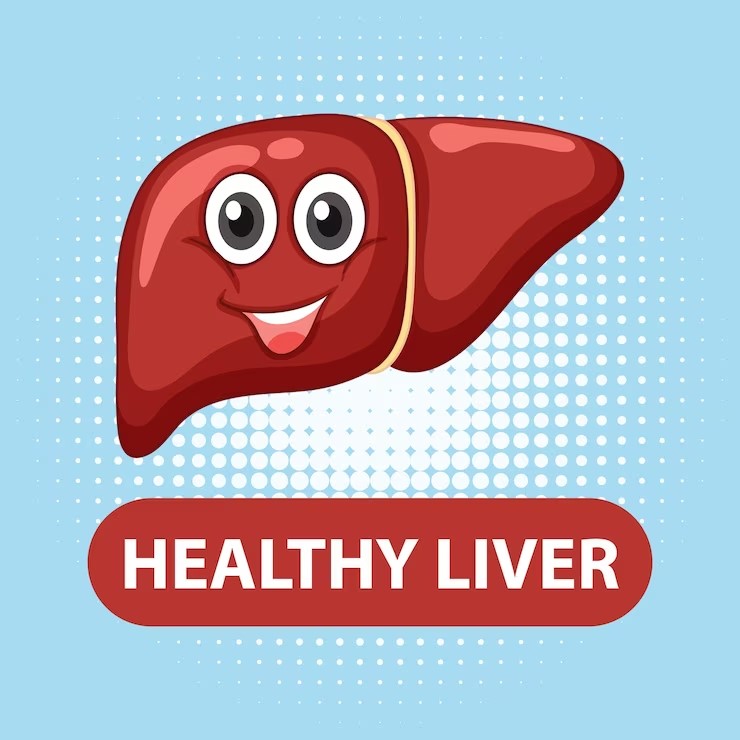The liver is a vital organ responsible for numerous essential functions in the body, including detoxification, metabolism, and storage of nutrients. In South Africa, where various factors like alcohol consumption, viral hepatitis, and unhealthy lifestyles can pose a risk to liver health, it’s crucial to adopt habits that promote a healthy liver. By implementing these tips, you can take proactive steps towards maintaining optimal liver health in South Africa.
- Limit Alcohol Consumption: Excessive alcohol intake can lead to liver damage and increase the risk of liver diseases such as alcoholic hepatitis and cirrhosis. It’s essential to consume alcohol in moderation or avoid it altogether. The South African guidelines recommend no more than two standard drinks per day for men and one standard drink per day for women.
- Maintain a Healthy Weight: Obesity and excessive body weight can contribute to the development of non-alcoholic fatty liver disease (NAFLD). Focus on maintaining a healthy weight through a balanced diet and regular physical activity. Incorporate whole foods, fruits, vegetables, lean proteins, and whole grains into your diet while limiting the intake of processed foods, sugary beverages, and saturated fats.
- Practice Safe Sex and Get Vaccinated: Viral hepatitis, particularly hepatitis B and C, can lead to chronic liver disease. Protect yourself by practicing safe sex, using barrier methods, and getting vaccinated against hepatitis B. Hepatitis B vaccination is recommended for all infants and individuals at risk, while hepatitis A and B vaccines are recommended for high-risk groups.
- Avoid Sharing Needles: Intravenous drug use poses a significant risk for hepatitis C and other bloodborne infections that can damage the liver. If you use drugs, seek help to quit or use sterile needles and equipment to minimize the risk of infections.
- Practice Safe Tattooing and Piercing: Ensure that tattooing and piercing establishments adhere to proper hygiene and sterilization practices. Unsterilized needles and equipment can transmit hepatitis B and C.
- Be Cautious with Medications and Supplements: Some medications, including over-the-counter drugs and herbal supplements, can be hepatotoxic and potentially damage the liver. Always consult with a healthcare professional before starting any new medication or supplement and follow the recommended dosage guidelines.
- Practice Safe Food Handling: Foodborne illnesses, such as hepatitis A and E, can affect the liver. Practice good food hygiene by washing hands thoroughly before handling food, cooking food thoroughly, and avoiding consumption of contaminated or raw foods.
- Exercise Regularly: Engaging in regular physical activity has numerous health benefits, including promoting liver health. Exercise helps maintain a healthy weight, improves insulin sensitivity, and reduces the risk of fatty liver disease. Aim for at least 150 minutes of moderate-intensity aerobic activity or 75 minutes of vigorous-intensity activity per week, along with strength training exercises.
- Stay Hydrated: Drinking an adequate amount of water is important for overall health, including liver function. Water helps flush out toxins and aids in digestion. Aim to drink at least 8 glasses of water per day, or more if you engage in vigorous physical activity or live in a hot climate.
- Get Regular Check-ups: Regular medical check-ups can help detect any early signs of liver disease or identify potential risk factors. Discuss liver health screenings with your healthcare professional, particularly if you have a family history of liver disease or other risk factors.
By adopting these healthy lifestyle habits, you can promote liver health and reduce the risk of liver diseases in South Africa. Remember that prevention and early detection are key, so prioritize your liver health by making informed choices and seeking medical advice when needed. Your liver plays a vital role in your overall well-being, so taking care of it is essential for a healthier life.










